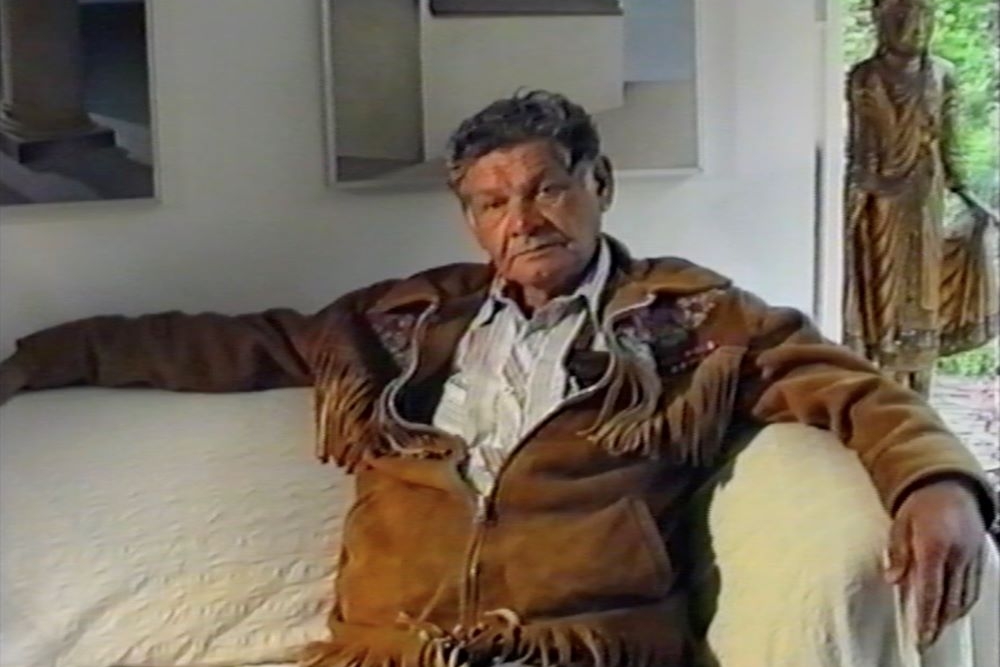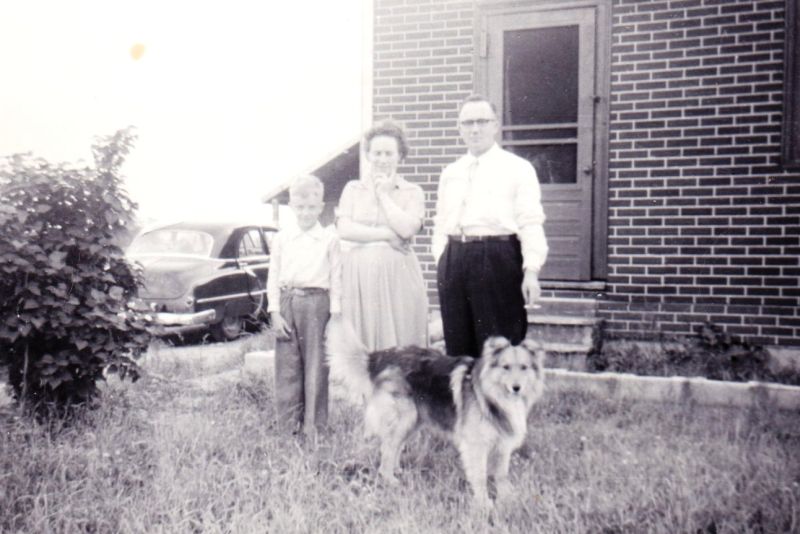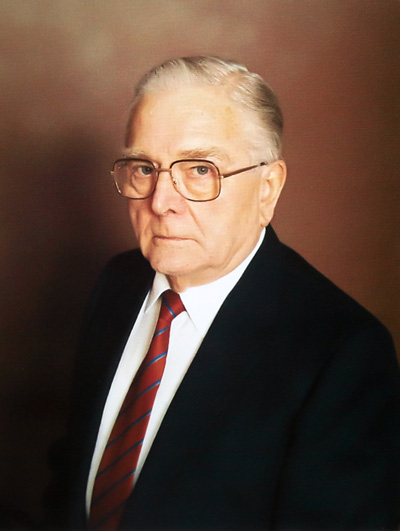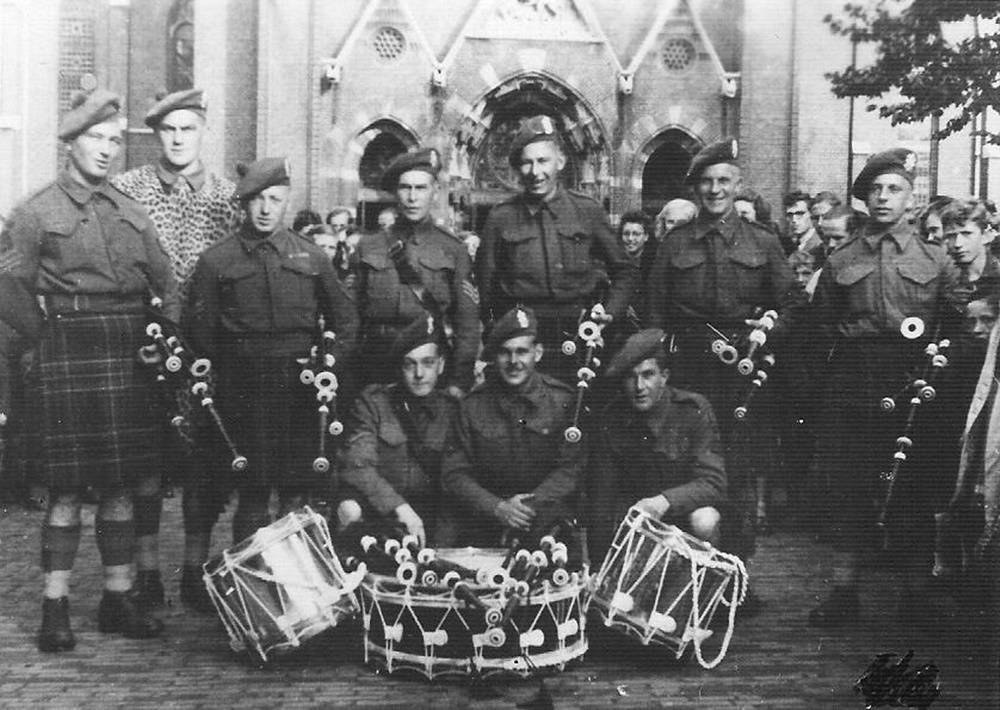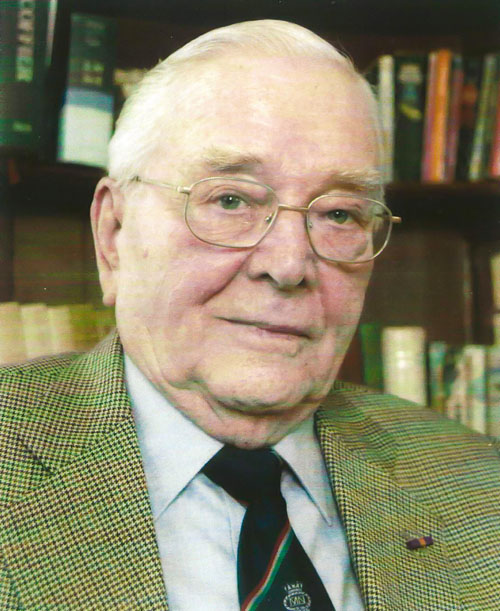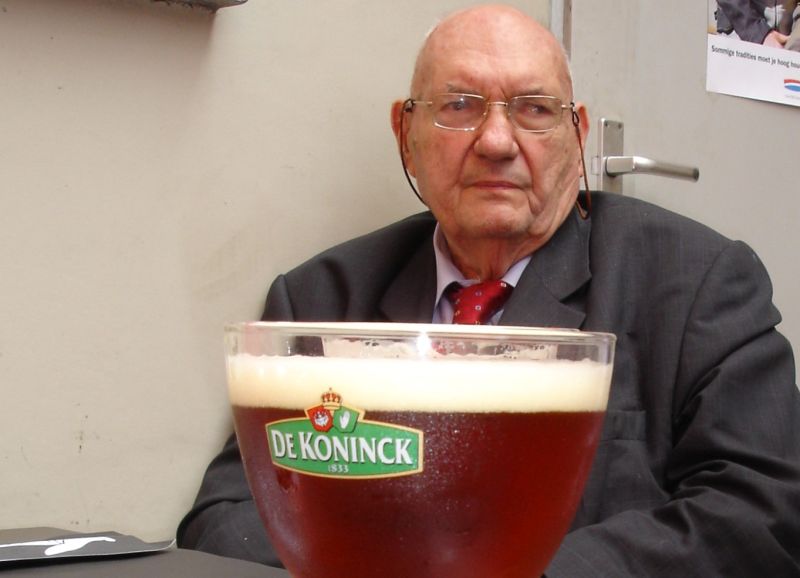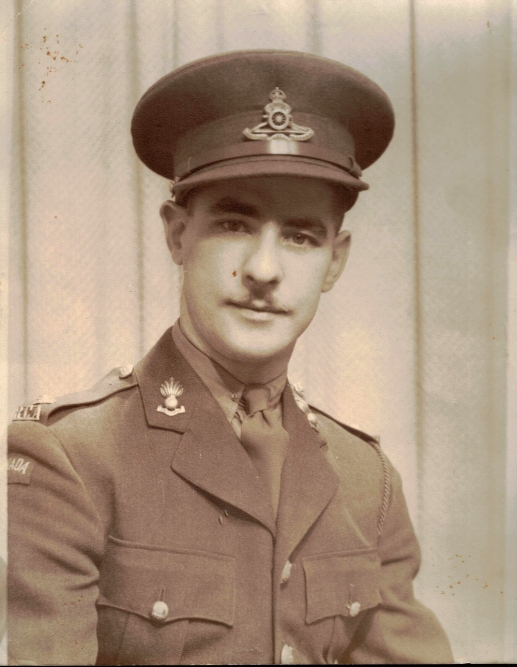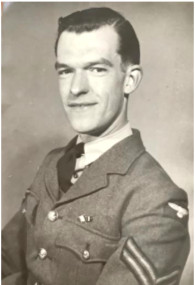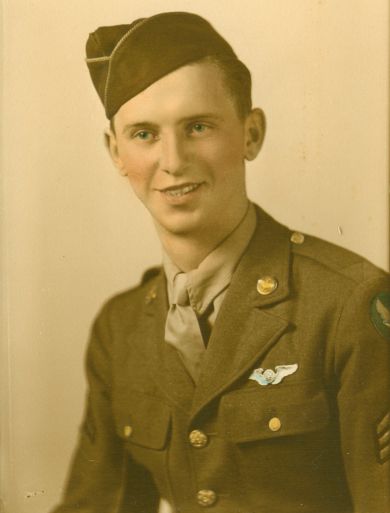Articles
- Article by Peter Bakker
- Published on November 20th, 2024
Archie Hodgson & Edward Commanda, First Nations liberators from Canada
This article, by Peter Bakker and Petra Sjouwerman, was originally published in 1995 under the title 'Two Indian veterans' in the magazine Indigo, which is now defunct. The original text has been adjusted in a number of places prior to publication on this website.
- Article by Joshua Rijsdam
- Published on June 9th, 2019
Date Pettinga, battle against the Japanese on Java
What will follow are parts of a diary written by Date Pettinga, born on the 27th of June 1916 in Oldehove. During the Second World War he was stationed in the Dutch-Indies, where he took part in the fight against the Japanese. He joined the 12th Regiment Infantry as a conscript in 1936 and left the army one year later with the rank of corporal. However, in 1939 he returned to the military. He served as a soldier in Bandoeng, West Java, before he was transferred in 1939 to the first Infantry Battalion in Magelang, Central Java.
- Article by Ewoud van Eig
- Published on
Fred Seiker, Lest We Forget
Fred Seiker was born in Rotterdam, Holland, in 1915. His elementary and further education were accomplished in Rotterdam, culminating in obtaining a place at the Rotterdam College of Marine Engineering. He served in the Dutch Merchant Navy before and during the war. In peacetime he mainly served on ships plying the Far East, South Africa, Canada and the eastern seaboard of the USA. In wartime he served on the North Atlantic routes and between the Far East and the United Kingdom.
- Article by Jeroen Koppes
- Published on March 7th, 2021
George Wilson's Battle for Meijel
George Wilson served in the 7th Battalion, Seaforth Highlanders, 15th (Scottish) Infantry Division. In October 1944, his division was involved in the liberation of Tilburg. After that liberation it was send to the east, into a area in the Netherlands called 'De Peel'. On the 27th of October, German forces launched a counter-attack. The 15th Scottish Division was rushed from Tilburg to help deal with attack. This is where George Wilson picks up the story.
- Article by Ewoud van Eig
- Published on March 20th, 2013
Liz Seiker, Fred's Journey
In 1938 Fred did not know it but he sailed on his last trip from Holland and would not return to his native land for over seven years. In May 1940, as his vessel was en route to his home port of Rotterdam, the captain received a signal to make for Weymouth Bay, UK, as the Nazis had attacked Holland. Because the small Dutch army had dared to resist their invasion the Nazis had obliterated the centre of Rotterdam by air bombardment.
- Article by Leo G. Lensen
- Published on February 13th, 2016
Modeste Van Den Bogaert, experiences in the Piron Brigade
When war was declared, Modeste van den Bogaert was a student at the College of the Jesuits in Antwerp. He was drafted by the C.R.A.B. and was required to report to the Recruitment Center in Roeselare. As chaos reigned everywhere, he was first sent to Poperinge and from there to an area south of the Somme. His brother Étienne accompanied him. The movement of troops was done on bicycle. They were pushed back at the French border three times, before successfully crossing at the beaches of De Panne, Belgium. At Abbeville, France, they found themselves face-to-face with German Panzers. They then went to Calais where they boarded a Polish ship, called Katowiz after which they lifted anchor for the destination of Bordeaux.
- Article by Leo G. Lensen
- Published on December 21st, 2024
Otis C. O’Hara, the way to Ridderkerk
This is the 23rd. of September, 1986. The other evening my oldest son Philip suggested I should write down my exploits as a serviceman during World War II. He felt it might interest my grandchildren in the years ahead, and help them understand and appreciate War in a more real way than could be covered in a school textbook. I considered this request. Thinking of the many stories I had listened to from Veterans and quasi Veterans alike during my short membership in the Legion, I decided to recount the details of my life in general, rather than just tell some fanciful stories about my service life. [img]27024[/img]
- Article by Leo G. Lensen
- Published on May 10th, 2020
Sergeant Roy Tull, with the RAF Bomb Disposal Squad, 1940-1946
- Article by Redactie TracesOfWar.com
- Published on August 13th, 2008
T.C. Gibbs, Chronicles of USAF Staff Sergeant
In the fall of 1941 I transferred from Mississippi State College to the University of Mississippi. The reason simply was that MS State had 2,000 male students and less than 100 females – a very bad ratio. Also, Ole Miss was a small school, less than 1,000 students with a fine ratio of almost 50/50 males and females. Since I was an excellent history and political science student, the field of law was chosen for my major. In fairness, it could be said that sororities were my major and minor.
